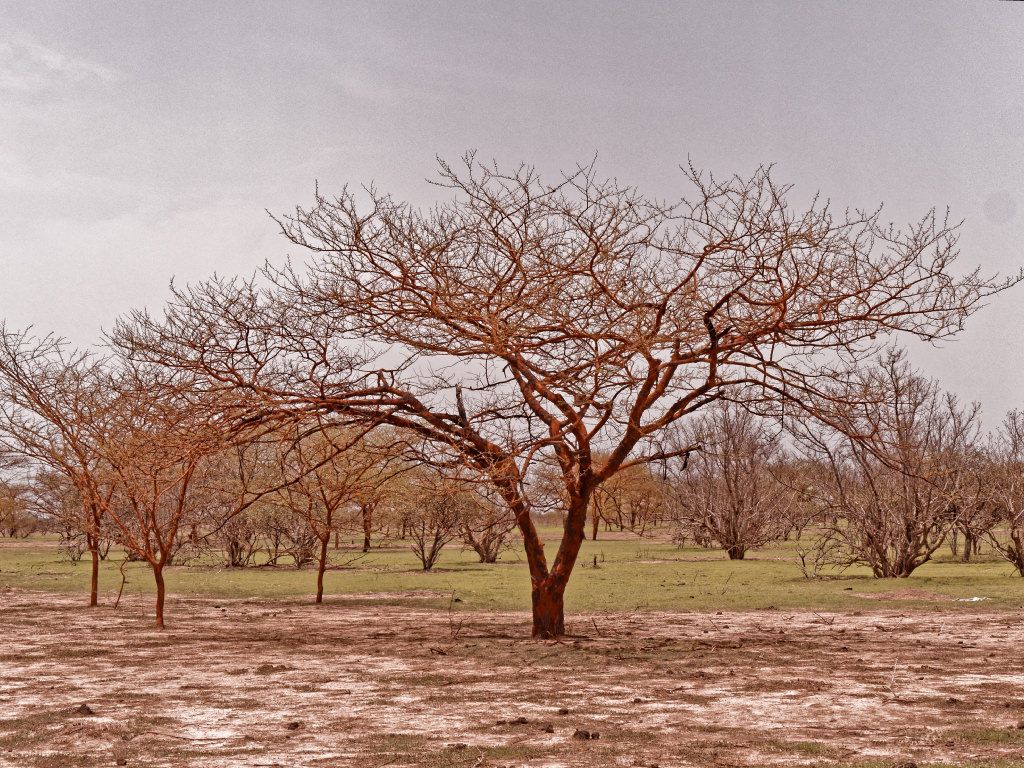Understanding the European Union Green Deal
Equipping East African MSMEs in coffee, cocoa, and leather for compliance with the European Union Deforestation-free Regulation (EUDR).
Understanding the European Union Green Deal
Equipping East African MSMEs in coffee, cocoa, and leather for compliance with the European Union Deforestation-free Regulation (EUDR).
With deforestation identified as a critical global challenge with significant implications for the environment, society, and the economy, the new EU Deforestation-free Regulation (EUDR) entered into force on 29 June 2023.
The regulation seeks to significantly mitigate the repercussions of deforestation and forest degradation.
EUDR is also a key element of the EU Green Deal, a set of proposals and regulations to make Europe the first climate-neutral continent by 2050.
Considering the far-reaching impact on global deforestation, the EUDR aims to play a pivotal role in curbing deforestation, greenhouse gas emissions, and global biodiversity loss.
The International Trade Centre (ITC) organized a webinar through the second phase of the European Union -East African Community Market Access Upgrade Programme (EU-EAC MARKUP II), to elaborate upon the EUDR. The webinar highlighted the importance of mitigating deforestation in agricultural commodity production.
It also focused on the main components of EUDR, its origin and context of EU Green Deal, discussed the main elements of EUDR implementation and the core concepts, including benchmarking, due diligence obligations and geolocation of all plots of land.
Policymakers, private sector and experts attended the workshop and shared best practices and insights on ways to achieve deforestation-free global value chains and meet the requirements of the EU market.
Mr. Jose Luis Gonzalez, Delegation of the European Union to Tanzania and EAC, said: "Addressing the urgent need for sustainable practices, our implementing partner, the International Trade Centre, has swiftly responded to the forthcoming EUDR, set to take effect in 2025. This proactive approach will prepare MSMEs and beneficiaries, recognizing that 90% of global deforestation stems from agricultural expansion, contributing to climate change, biodiversity loss, and hindering sustainable development. The EUDR, a due diligence obligation and traceability requirement, is an opportunity to enhance trade in deforestation-free products and boost opportunities for sustainable actors, benefiting producer countries most affected by deforestation-related challenges."
Mr. Frank Dafa, from the East African Business Council (EABC) said: “The private sector through significant commitments, particularly demonstrated in the coalition signed during the Africa Climate Summit led by the EABC and key players, emphasizes its dedication to environmental preservation. Notably, the commitment includes initiatives towards decarbonization, aligning with the upcoming EUDR. This is the right moment to enhance capacities and ensure compliance with the regulation's requirements”.
Well attended by 300 active participants, the webinar was a chance to explore opportunities to build more sustainable and resilient global value chains, learn from best practices to address challenges in the way of creating more sustainable land use and deforestation-free supply chains.

Watch the Full Workshop
About EU-EAC MARKUP
The EU-EAC MARKUP II funded by the EU, aims to enhance economic development in the East African Community (EAC) through sustainable intra-African and EU-Africa trade. Focused on improving livelihoods, employment, and export competitiveness for MSMEs, the program supports the development of key export-oriented value chains for coffee, tea, cocoa, spices, gum arabic, essential oils, packaging, leather, avocado, fresh and processed horticultural products. The second phase targets strengthening MSMEs' competitiveness, emphasizing value addition and diversification, and addressing market regulations and environmental and social criteria.
It is implemented by ITC in collaboration with the EAC Secretariat.